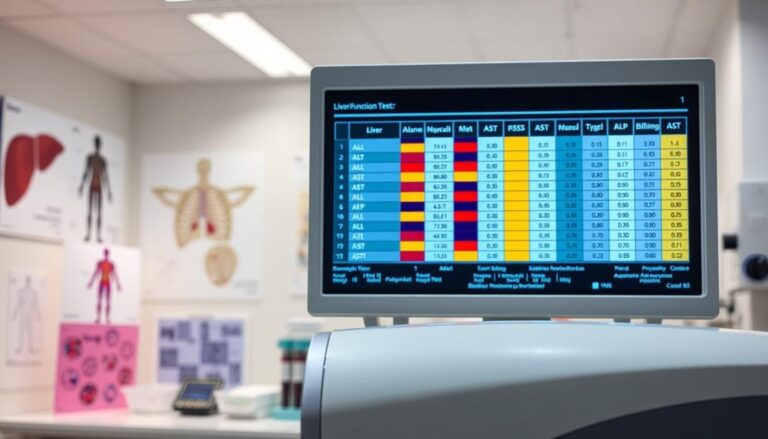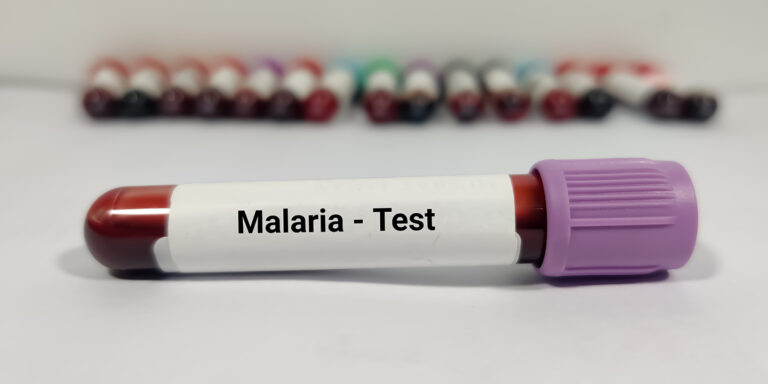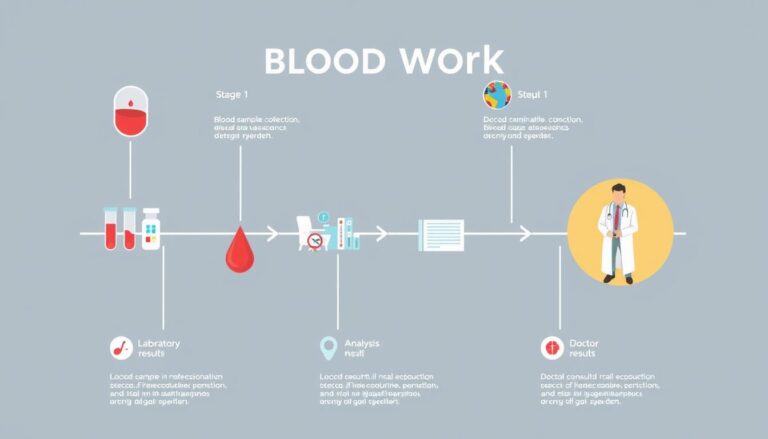Understanding Complete Blood Count (CBC): What Every Patient Should Know
Ever thought about what your blood could tell you about your health? The complete blood count (CBC) test is a powerful tool. It gives us valuable insights into our overall health. But what is this test, and why is it so important? Let’s explore the details of the CBC and uncover the secrets in your blood.

The CBC is a detailed blood analysis. It looks at the numbers and types of blood cells, like red and white blood cells, and platelets. This test can reveal many health issues, from anemia and infections to leukemia and blood disorders. By understanding the CBC, we can make better choices about our health.
For accurate and reliable blood analysis, visit our diagnostic centre in Yelahanka, where advanced lab services ensure precise results for better health decisions.
What is a Complete Blood Count and Why It Matters
A complete blood count (CBC) is a common medical test that gives us insights into our health. It measures red blood cells, white blood cells, hemoglobin, hematocrit, and platelets. Each part is vital for our body’s balance and function.
Key Components of CBC Testing
The CBC tells us about our oxygen-carrying capacity and red blood cell health. It also shows how strong our immune system is and how it fights infections. Lastly, it checks our blood’s clotting ability, which is key for healing wounds and stopping bleeding.
Common Reasons for CBC Testing
- Routine check-ups and preventive care
- Diagnosing medical conditions, such as anemia, infections, or blood disorders
- Monitoring existing health issues, like chronic diseases or the side effects of medications
- Evaluating the effectiveness of ongoing treatment or therapies
How CBC Results Impact Health Decisions
Abnormal CBC results can lead to important health decisions. They might show conditions like anemia, infections, or blood disorders. These findings can lead to more tests, changes in treatment, or preventive measures.
| Component | Normal Range | Significance |
|---|---|---|
| Red Blood Cell Count | Male: 4.35 – 5.65 trillion cells/L Female: 3.92 – 5.13 trillion cells/L | Indicates oxygen-carrying capacity and overall red blood cell health |
| Hemoglobin | Male: 13.2 – 16.6 g/dL Female: 11.6 – 15 g/dL | Measures the oxygen-carrying protein in red blood cells |
| Hematocrit | Male: 38.3% – 48.6% Female: 35.5% – 44.9% | Reflects the percentage of red blood cells in the blood |
| White Blood Cell Count | 3.4 – 9.6 billion cells/L | Indicates the strength of the immune system and the body’s response to infection or inflammation |
| Platelet Count | Male: 135 – 317 billion/L Female: 157 – 371 billion/L | Provides information about the blood’s clotting ability, essential for wound healing and preventing excessive bleeding |
Complete Blood Count Explanation: Breaking Down the Process
The complete blood count (CBC) is a key medical test. It gives a detailed look at our blood’s makeup. It’s vital for spotting blood disorders, anemia, and signs of infection or other health problems.
To do a CBC, a small blood sample is taken from a vein in the arm. This sample is then checked in a lab. Advanced machines quickly count and measure the blood’s components.
- Red blood cells (RBCs) – Carry oxygen throughout the body.
- White blood cells (WBCs) – Fight off infections.
- Platelets – Help blood clot and prevent too much bleeding.
The CBC with differential test gives more detailed info. It shows the types of white blood cells, like neutrophils, lymphocytes, and monocytes. This helps doctors understand what’s causing any issues.
| Blood Component | Normal Reference Range |
|---|---|
| Red Blood Cells (RBCs) | 4.6 to 6.2 million cells/μL (men), 4.2 to 5.4 million cells/μL (women) |
| Hemoglobin | 13.8 to 17.2 g/dL (men), 12.1 to 15.1 g/dL (women) |
| Hematocrit | 40.7% to 50.3% (men), 36.1% to 44.3% (women) |
| White Blood Cells (WBCs) | 4,500 to 10,000 cells/μL |
| Platelets | 150,000 to 450,000 cells/μL |
Doctors look at CBC results, thinking about age, sex, and medical history. If the results are off, it might mean blood disorders, anemia, or infection. This leads to more tests and treatment.
Knowing about the CBC and its parts helps patients understand their health better. They can work with doctors to make smart choices about their health.
Understanding CBC Reference Ranges and Components
The complete blood count (CBC) gives us a lot of information about our health. But, it can be hard to understand the results. Let’s explore the main CBC parts and their ranges to grasp their importance for our health.
Red Blood Cell Count and Hemoglobin Levels
Red blood cells (RBCs) carry oxygen around our body. Their count and hemoglobin levels show how well we carry oxygen. For men, the RBC count is usually between 4.7 and 6.1 million cells/mcL. Women’s counts are between 4.2 and 5.4 million cells/mcL.
Hemoglobin levels are also important. For men, they should be between 13.8 to 17.2 g/dL. Women’s levels should be between 12.1 to 15.1 g/dL.
White Blood Cell Count and Immune Function
White blood cells (WBCs) are key to our immune system. They fight off infections and diseases. The normal WBC count is between 4,500 to 10,000 cells/mcL.
High or low WBC counts can mean there’s a health issue. This might need more checking.
Platelet Count and Blood Clotting
Platelets help our blood clot and heal wounds. The normal count is from 150,000 to 450,000 per microliter (mcL). Too many or too few platelets can point to problems like bleeding or clotting issues.
The CBC also looks at red blood cell indices like mean corpuscular volume (MCV), mean corpuscular hemoglobin (MCH), and mean corpuscular hemoglobin concentration (MCHC). These help us understand RBC size, hemoglobin, and concentration. They can hint at underlying health issues.
Knowing about CBC reference ranges and components is key to understanding your test results. If you have questions or concerns, talk to your healthcare provider.
Conclusion: Making Sense of Your CBC Results
Understanding your cbc test results is more than just looking at numbers. It’s about knowing your health, medical history, and other tests you’ve had. Even if your blood cell analysis shows something off, it doesn’t always mean you’re sick. Things like what you eat, your meds, and how active you’ve been can change your hematology lab test results.
Doctors use CBC results along with other health info to figure out what’s going on. It’s key to talk about your CBC with your doctor. This way, you’ll know what it means and what to do next. Getting regular cbc test interpretation helps keep an eye on your health and catch problems early.
Knowing what a CBC shows can help you take care of your health better. By understanding your CBC, you can work with your doctor more effectively. Regular diagnostic tests like the CBC give us important info about our bodies. This helps us make smart choices and deal with any health worries we might have.







